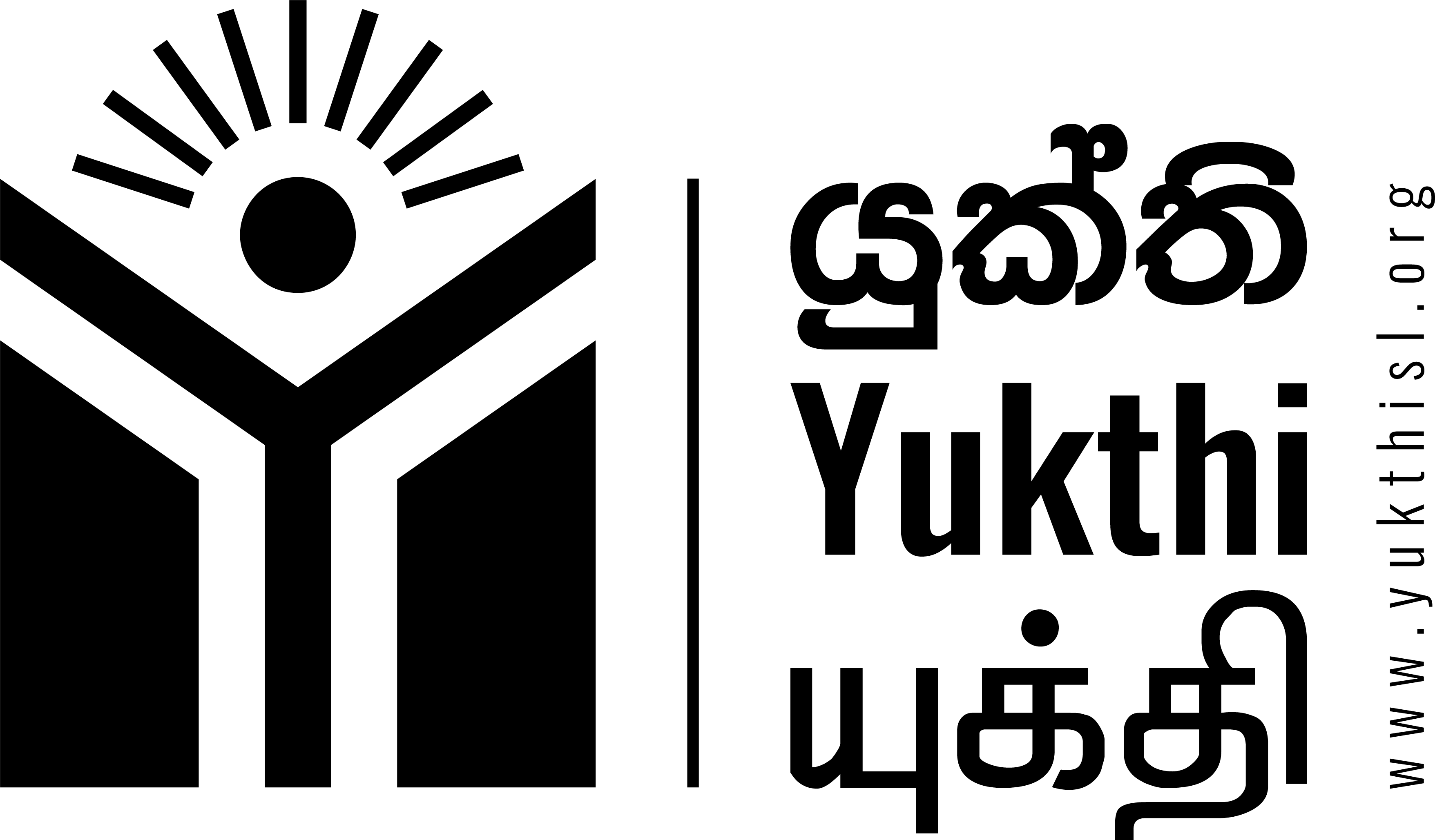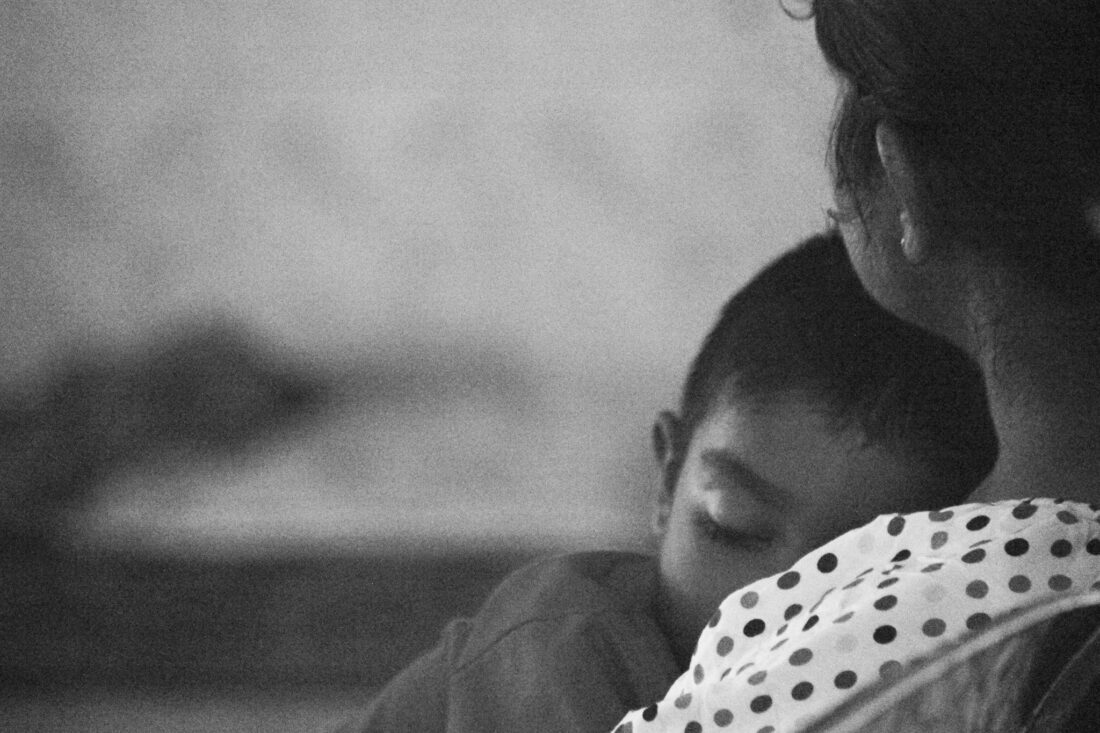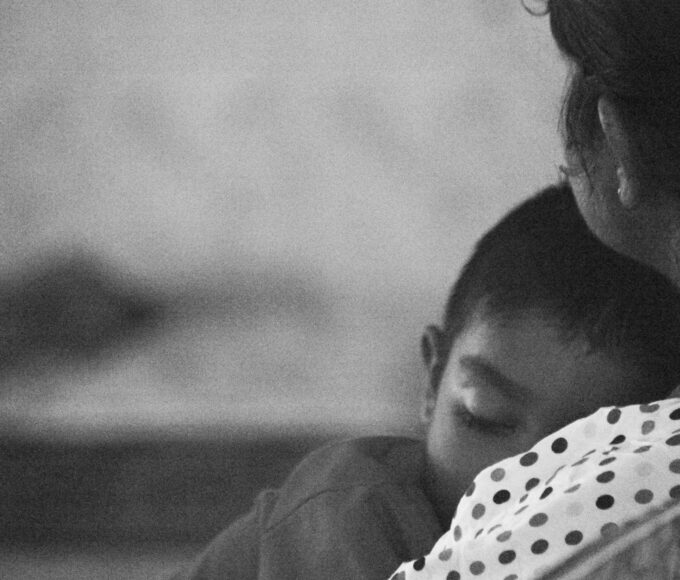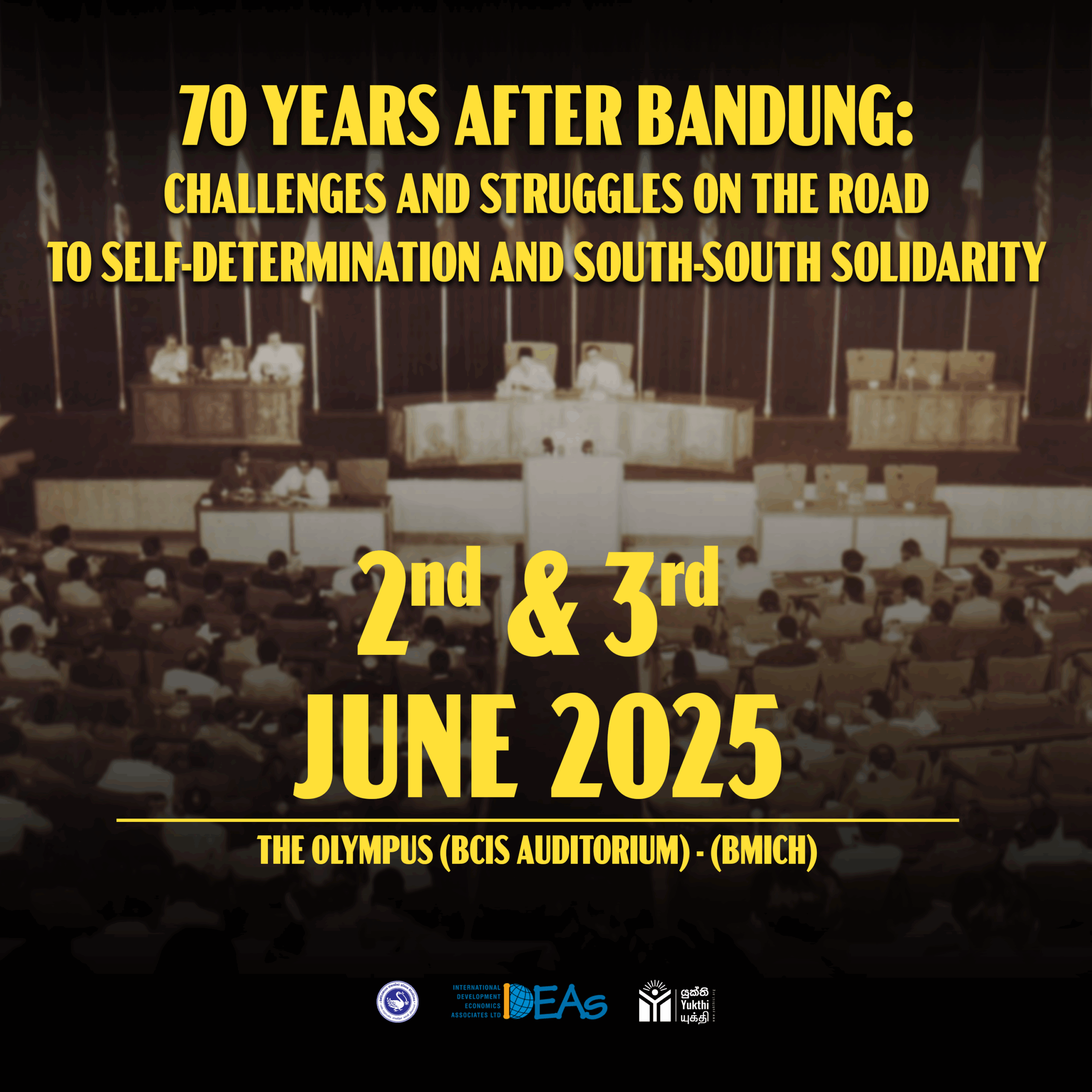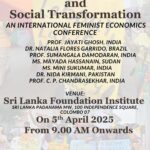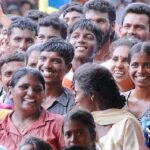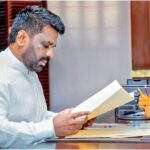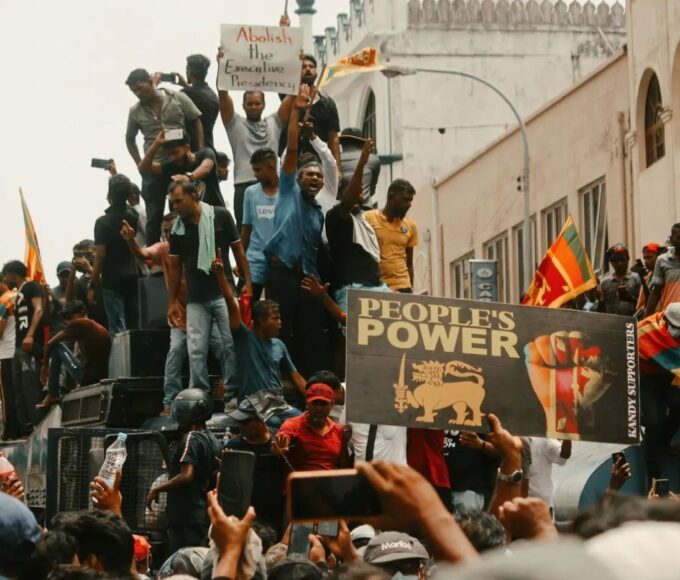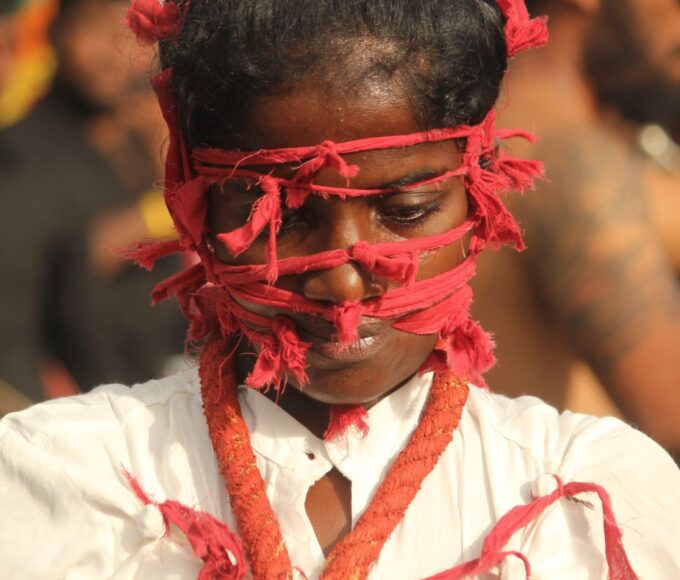© Copyright 2024 Yukthi. All rights reserved powered by Media Horizon
Yukthi CATEGORIES
Publications  mhadminMay 8, 2024
mhadminMay 8, 2024
Debt Justice
A PLATFORM FOR WORKING PEOPLE IN SRI LAKA’S ECONOMIC CRISIS On 13th May 2024, researchers, activists, civil society organizations, trade unions, and community leaders came together to launch a platform called YUKTHI. At an event in Colombo, titled “FROM DISPOSSESSION TO DEVELOPMENT: SRI LANKA’S PATH TO DEBT JUSTICE,” YUKTHI was launched as a plural forum to support working people’s movements and struggles for democracy and justice in Sri Lanka. This alliance aims to promote better understanding of working people’s experiences, and critical analysis, and alternatives to neoliberalism, in Sri Lanka’s ongoing economic crisis. As Sri Lanka has only postponed its unbearable repayment of private andbilateral debt (with interest) to 2027; and is predicted to default onits foreign debt in the near future, leading to yet another IMFausterity programme, YUKTHI seeks to build a broad movement for debtjustice in Sri Lanka. It argues that the government’s debtrestructuring plans in the context of the IMF programme is no cure forSri Lanka’s sick political economy; and only attacks thesocio-economic rights of the working people while redistributing theirfew remaining assets and resources to the ruling elite. Dr. Ahilan Kadirgamar, of the University of Jaffna, and MadhulikaGunawardana of the Feminist Collective for Economic Justice (FCEJ)unpacked the debt crisis and its impacts on working people, even asthere is no end to their socio-economic crisis. Dr. Amali Wedagedara ofthe Committee for the Abolition of Illegitimate Debt (CADTM) explainedwhy current negotiations with private creditors are unfavorable to SriLanka, and the significance of a public audit of Sri Lanka’s debt.Thispanel was moderated by Balasingham Skanthakumar of the SocialScientists’ Association. This was followed by activists explaining how the debt crisis and theresponses of the Government of Sri Lanka and the IMF are no solution tothe problems of working people. Annalingam Annarasa, fisher leader fromKayts, described the worsening situation of small-scale fishers in theNorthern Province. Colombo Urban Lab founder Iromi Perera clarified theconnections between rollbacks in social protection and the stress on theurban working poor. Young Researchers Network member R. Babyshalinispoke of how plantation communities are hurting from IMF imposedconditionalities. With land reforms underway, Vidura Prabath Munasingheof Law & Society Trust shared research findings on how restrictions onaccess to land will undermine the wellbeing of the rural poor.Peradeniya Professor Shamala Kumar of the Kuppi Collective analyzedreductions in state expenditure on free education and why privatizationis part of the problem. Lawyer Ermiza Tegal closed the panel with areminder on the political repression of new laws and proposed laws toenforce submission to the IMF programme. This session was moderated byMelani Gunathilaka of Climate Action Now Sri Lanka and YathurshaUlakentheran of Young Researchers’ Network. YUKTHI’s website [1] with resources on the structural roots of SriLanka’s economic crisis and documenting how the costs of the crisisare being shouldered by its victims rather than the ruling elite whoengineered it, went live during the event.
Latest Posts
Outfit of the day and quick style inspirations
NewsStatements  YukthiDecember 8, 2025
YukthiDecember 8, 2025
தேசிய அனர்த்தத்தை எதிர்கொள்ளும் நிலையில் இலங்கை மக்கள் சர்வதேச நாணய நிதிய ஒப்பந்தத்தின் மீள்கட்டமைப்பு, கடன் மற்றும் காலநிலை நீதியைக் கோருகின்றனர்.
07/12/2025 டிட்வா (Ditwah) புயல் இலங்கை முழுவதும் பேரழிவை ஏற்படுத்தியுள்ளது. 2025, டிசம்பர் 6 ஆம் திகதிய நிலவரத்தின் பிரகாரம், உயிரிழந்தோரின் எண்ணிக்கை 600 இனைக் கடந்துள்ளதுடன் பல நூற்றுக்கணக்கானோர்;...
NewsStatements  YukthiDecember 8, 2025
YukthiDecember 8, 2025
ජාතික ව්යසනයට මුහුණ දීමට හැකිවන පරිදි ජාත්යන්තර මූල්ය අරමුදල සමග ඇති ගිවිසුම සංශෝධනය, ණය සහ දේශගුණික යුක්තිය ශ්රී ලංකාවේ ජනතාව ඉල්ලා සිටිති.
07/12/2025 දිට්වා සුළි කුණාටුව ශ්රී ලංකාව පුරා ම විනාශකාරී බලපෑම් ඇති කර තිබේ. 2025 දෙසැම්බර් 6 වෙනි දින වන විට, මෙම සුළි...
NewsStatements  YukthiDecember 8, 2025
YukthiDecember 8, 2025
People of Sri Lanka demand renegotiation of the IMF deal, debt, and climate justice in the face of the national disaster
Cyclone Ditwah has inflicted devastating impacts across Sri Lanka. As of December 6, 2025, the death toll exceeds 600, with several hundred...
News  YukthiMarch 31, 2025
YukthiMarch 31, 2025
The Feminist Economics Conference on “Women, Development and Social Transformation will happen in Sri Lanka on April 2025
Register here https://forms.gle/LBXwoNgz8qkWVZJy5 “The Feminist Economics Conference titled “Women, Development and Social Transformation” will happen at Sri Lanka Foundation Institute (SLFI) on...
Articles  YukthiNovember 20, 2024
YukthiNovember 20, 2024
“NPP, JVP can bring about changes to issues of Tamil community as they can’t be labeled as traitors to the Sinhala cause” Ahilan Kadirgamar
What happened was after the war we had a bloated military, and no government had the guts to start a national discussion...
